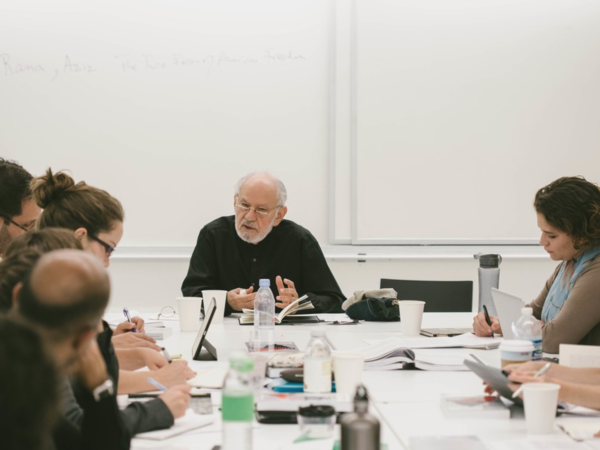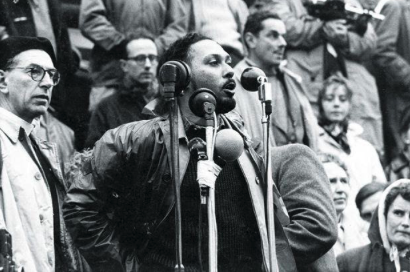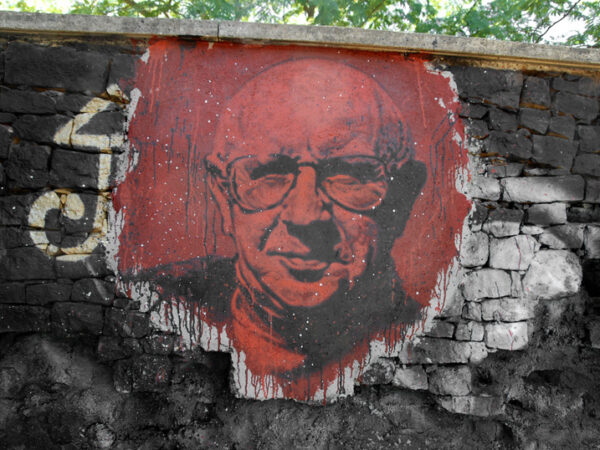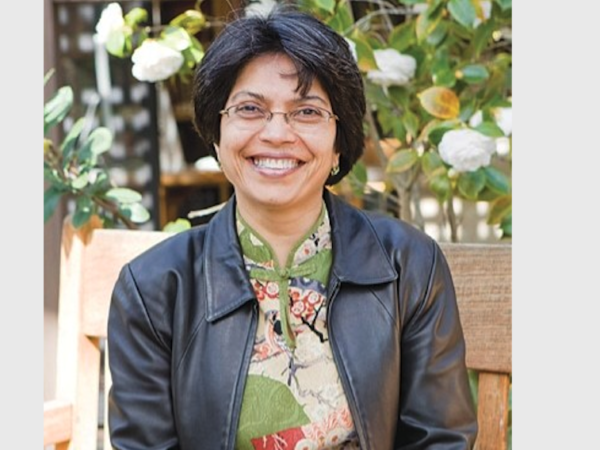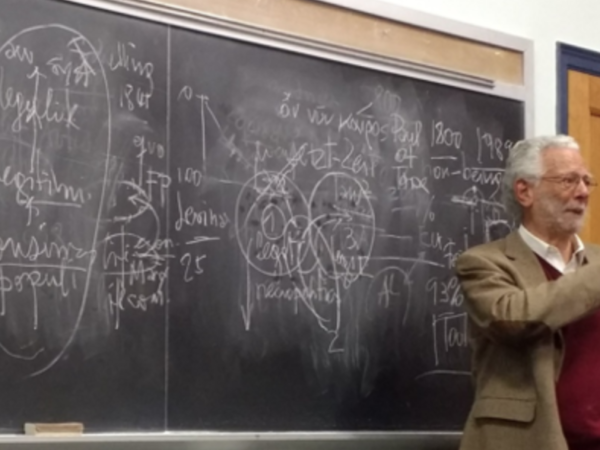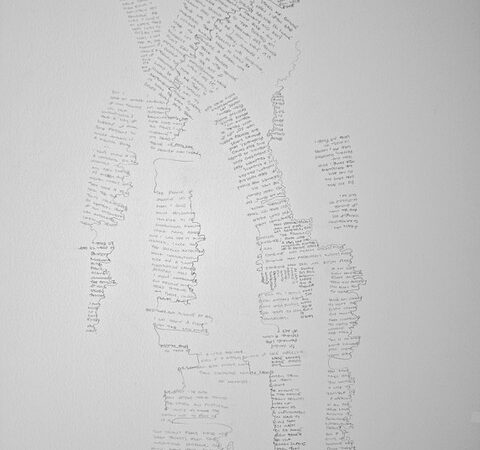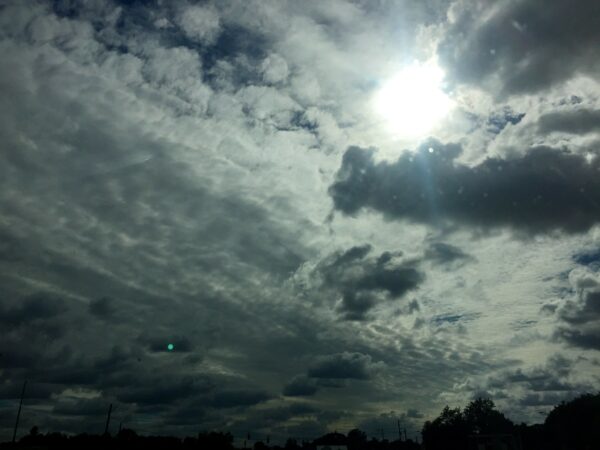
It is as productive to think with as it is to think against Claude Lefort, a revolutionary-turned-philosopher who analyzed power and the political regimes to which it gives rise.

“[For] quantum gnostics, there has never been a creation of the world or in the world—it is the world that is ‘wicked’ or ‘evil’, and consequently also the God who claimed to have created it and yet hesitates to assume it.”
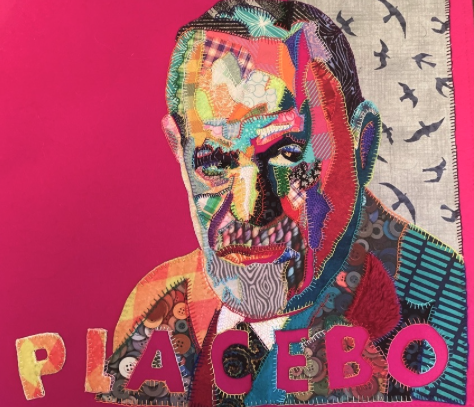
Isabelle Stengers, continental philosopher of science, offers pragmatic resources for animating thinking with interest and passion, affirming heresy over conformity and undercutting the all-too-common binaries of religion/science and science/fiction.
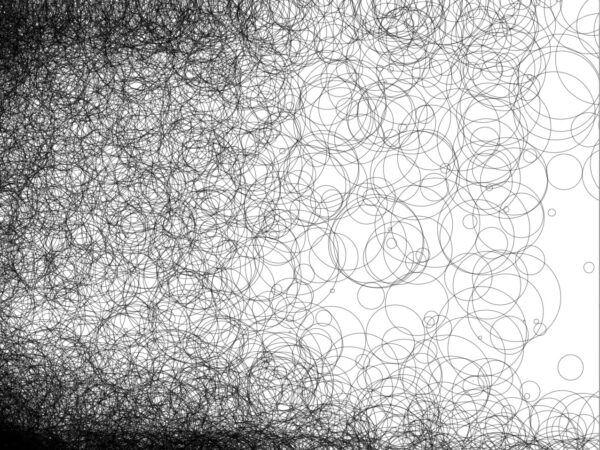
David Kline introduces the systems theory of Niklas Luhmann for political theology and reflects on how it might think about its own limits of observation.

“Perhaps it is in precisely this ambivalent way that air (and Irigaray) reminds us of just how much we belong—to the air itself, to this emptiness that hovers and sings in lifedeath. We might forget air, we might forget that we breathe, or how to breathe. But air does not forget us. And air will never cease to carry us, to lift us up, to set us into flight, even when we no longer live in a body that tried (if unsuccessfully) to fly.”
